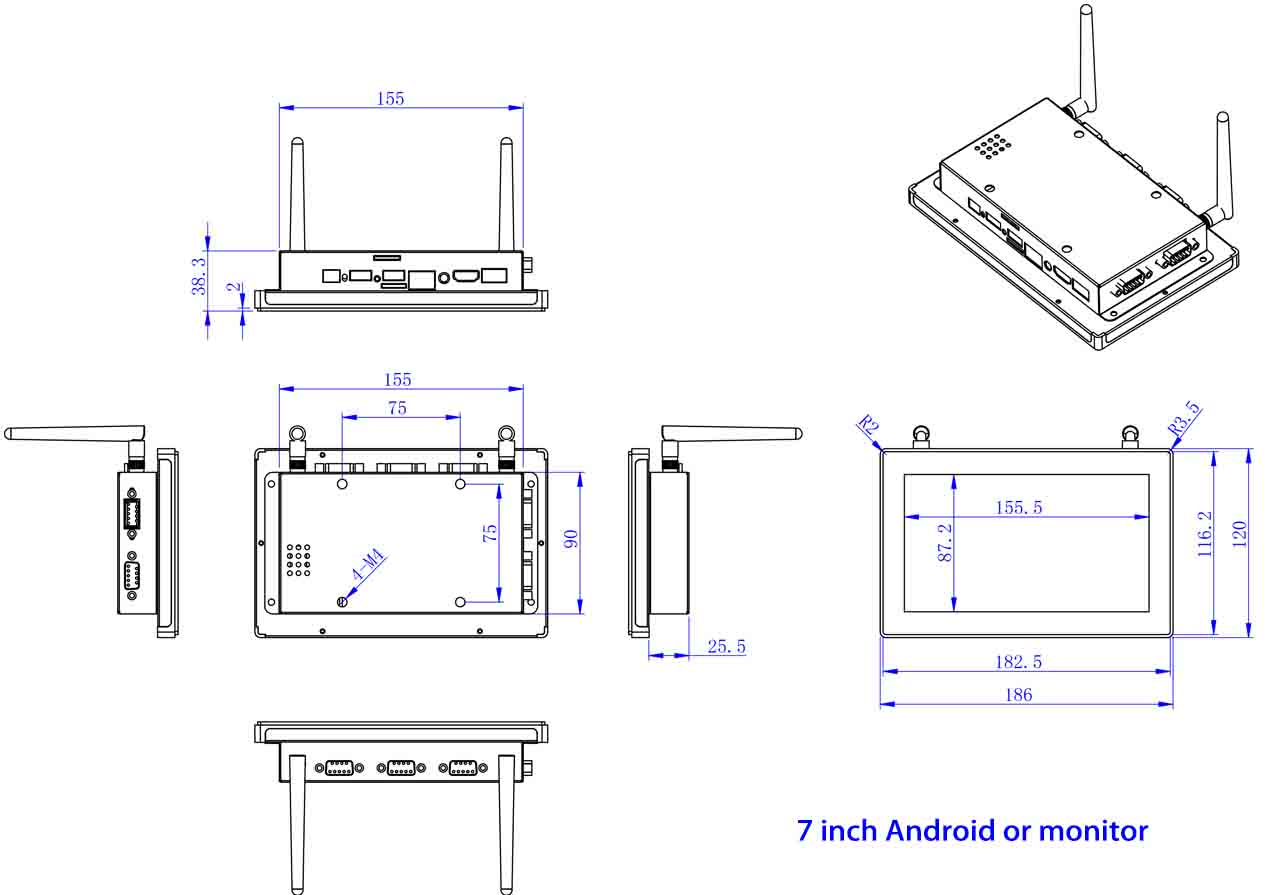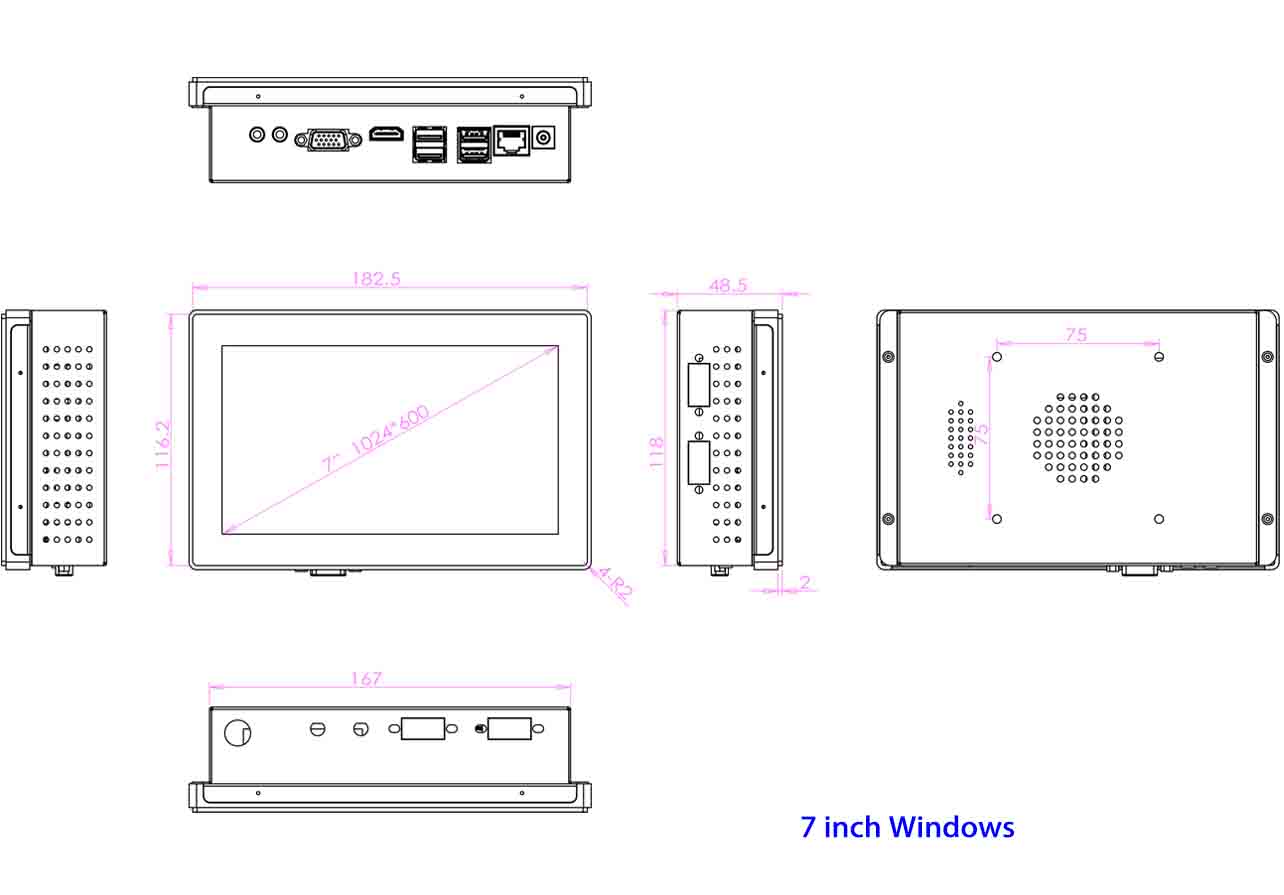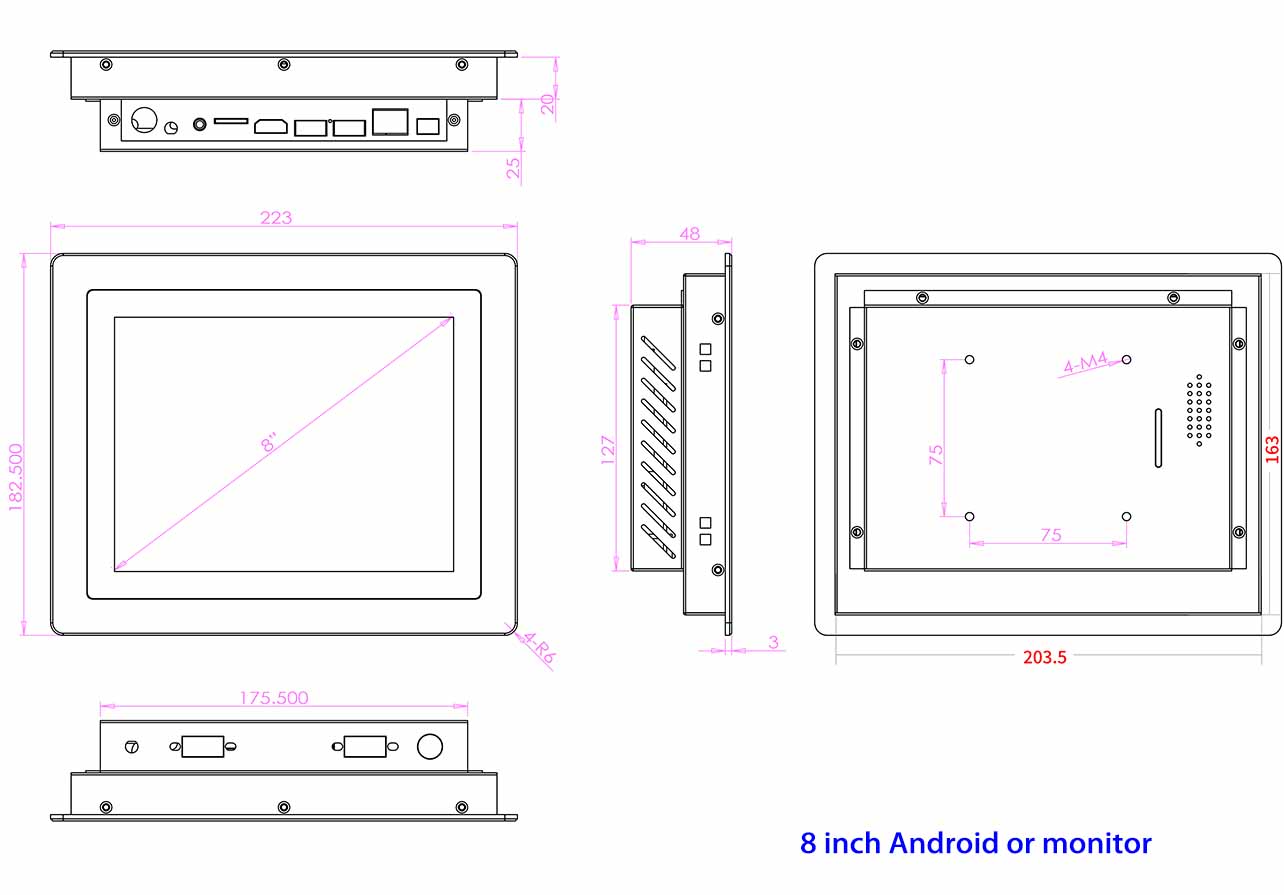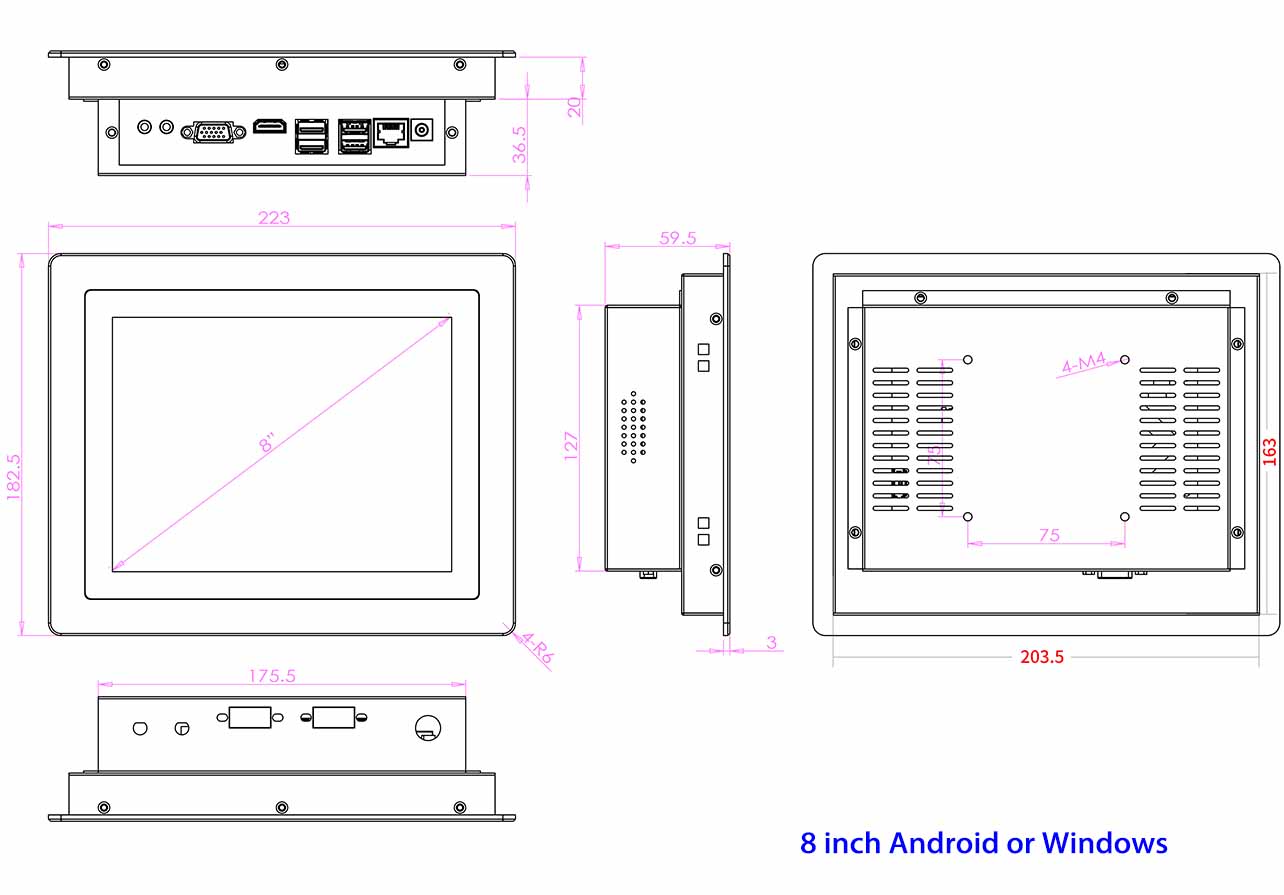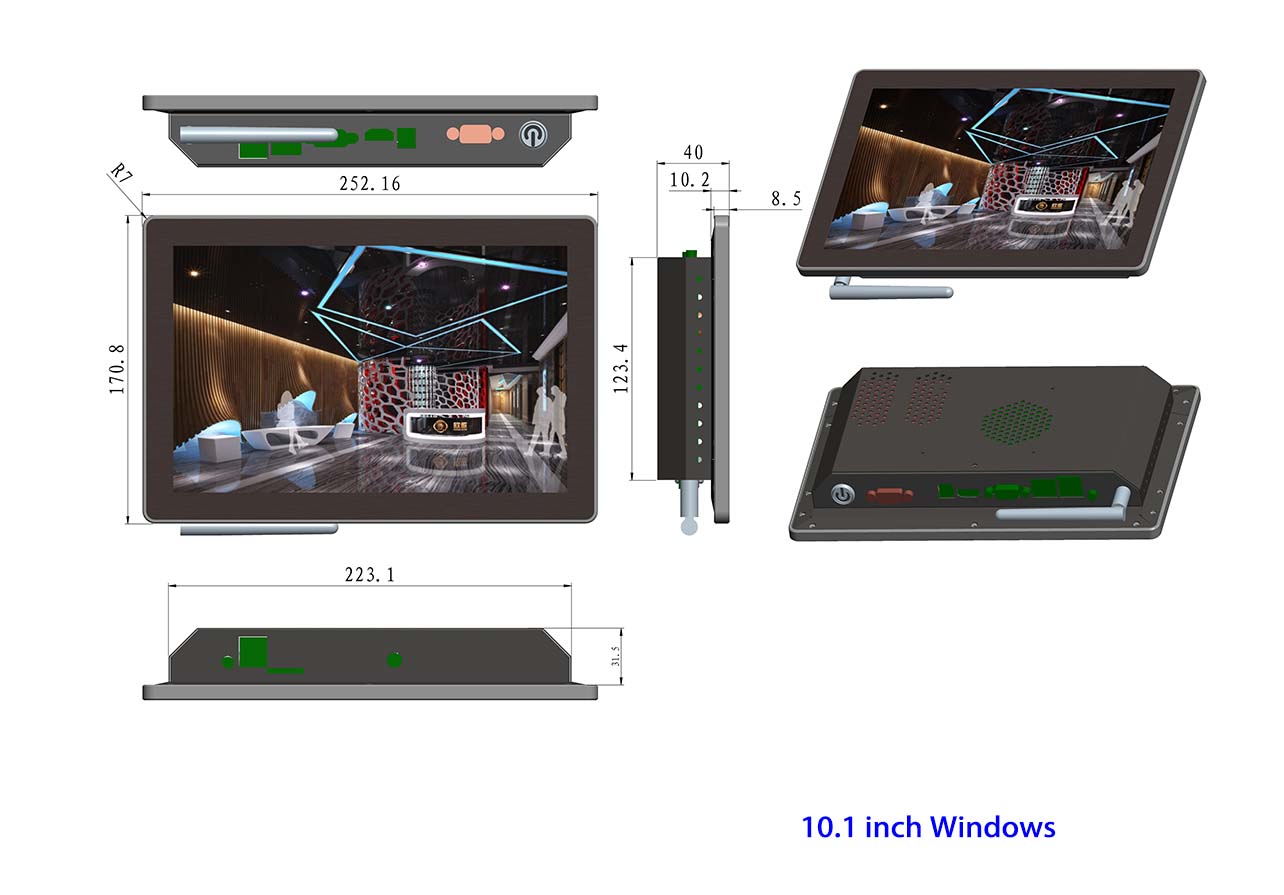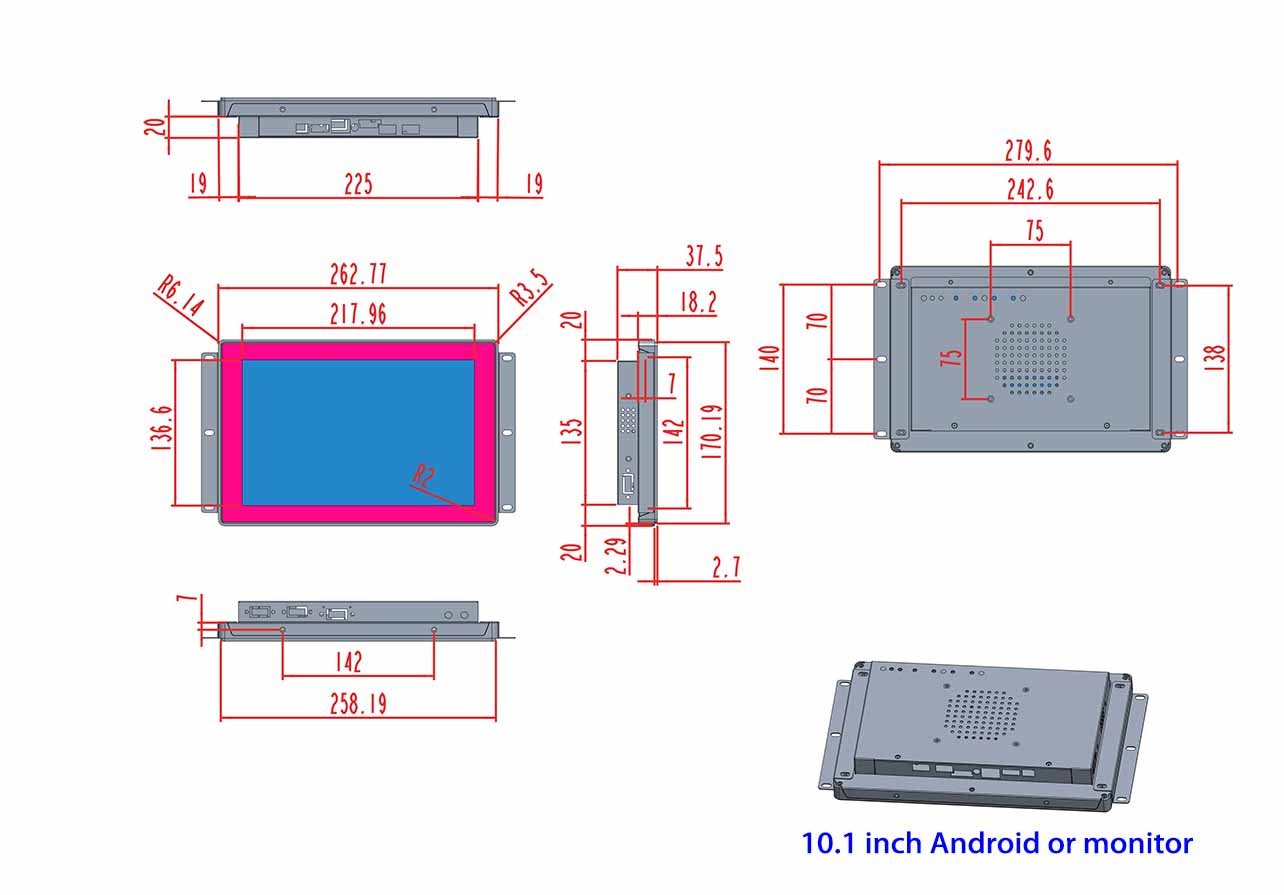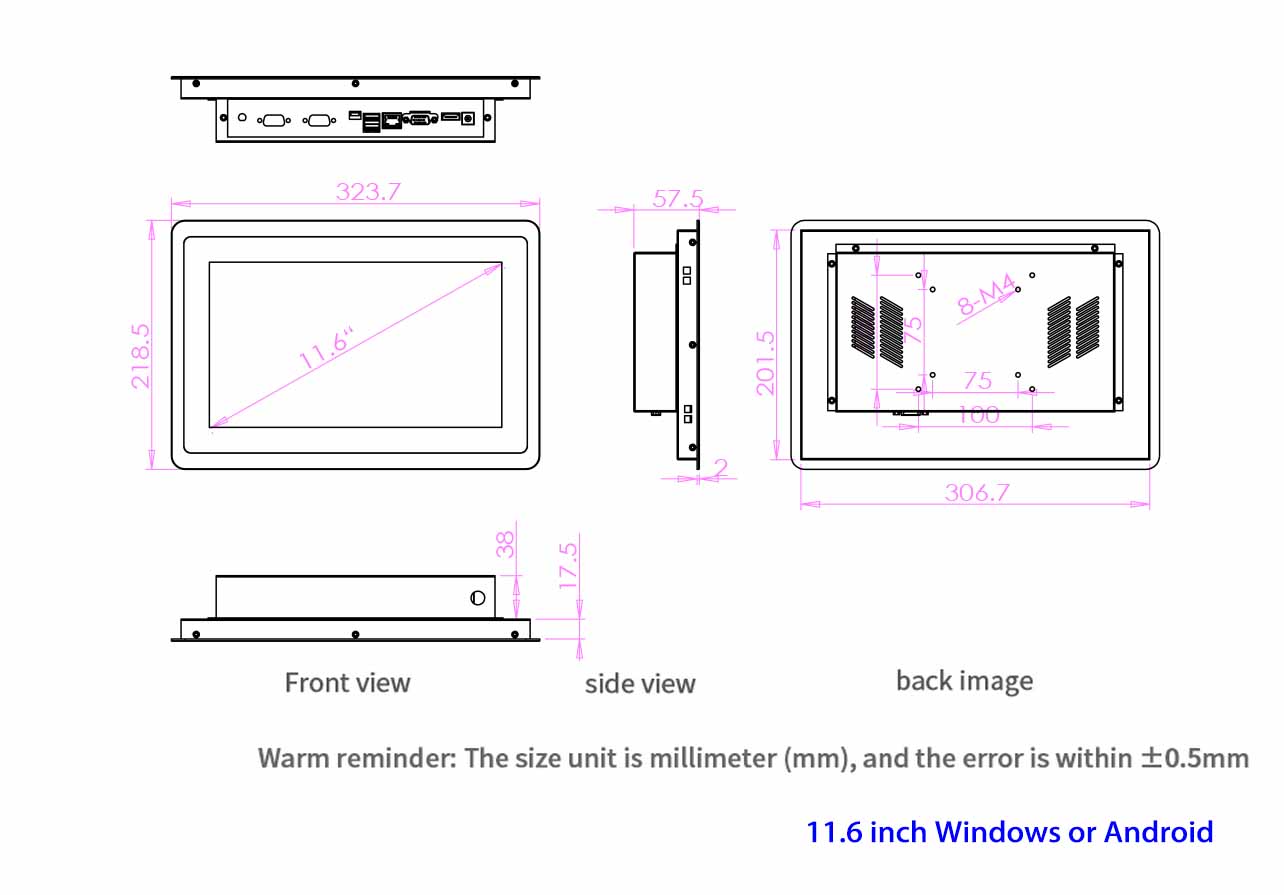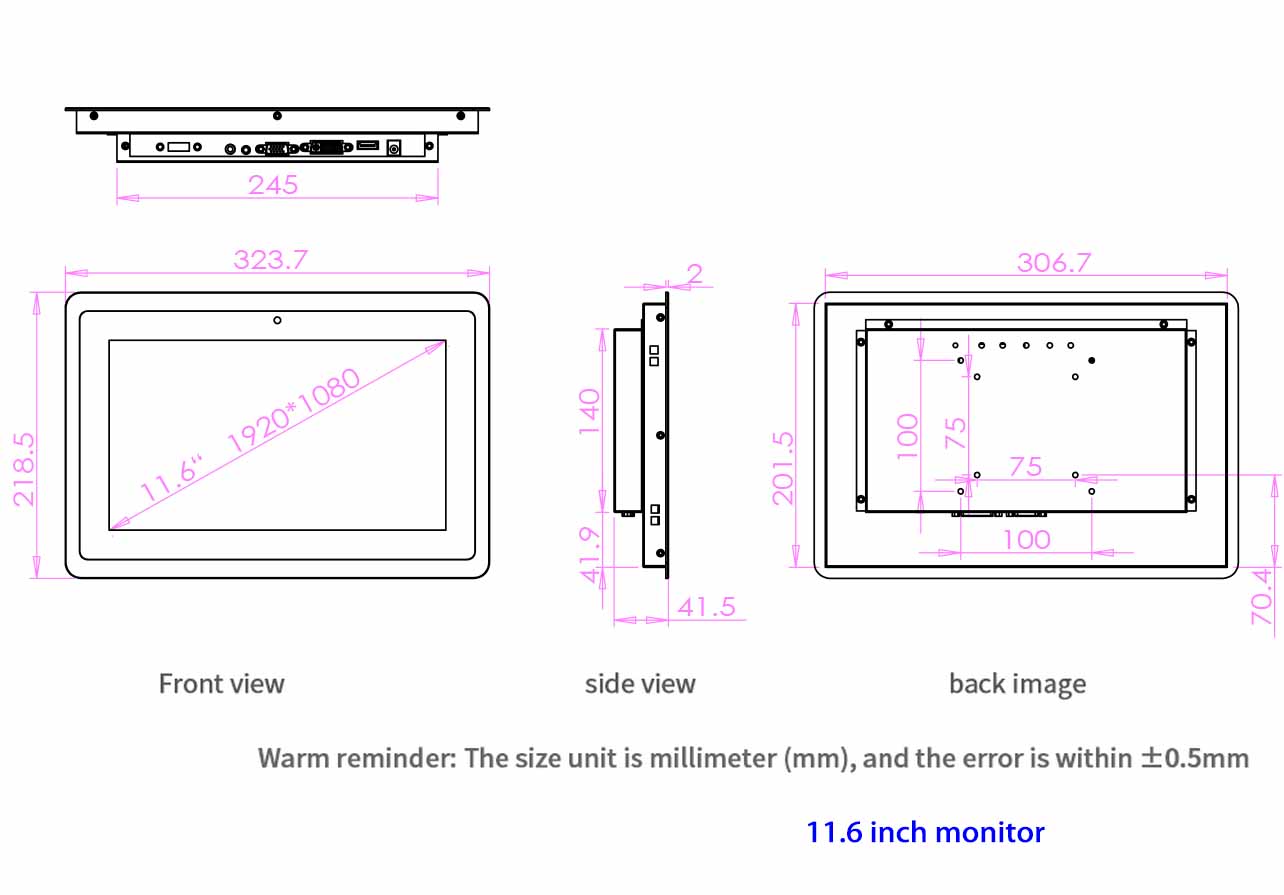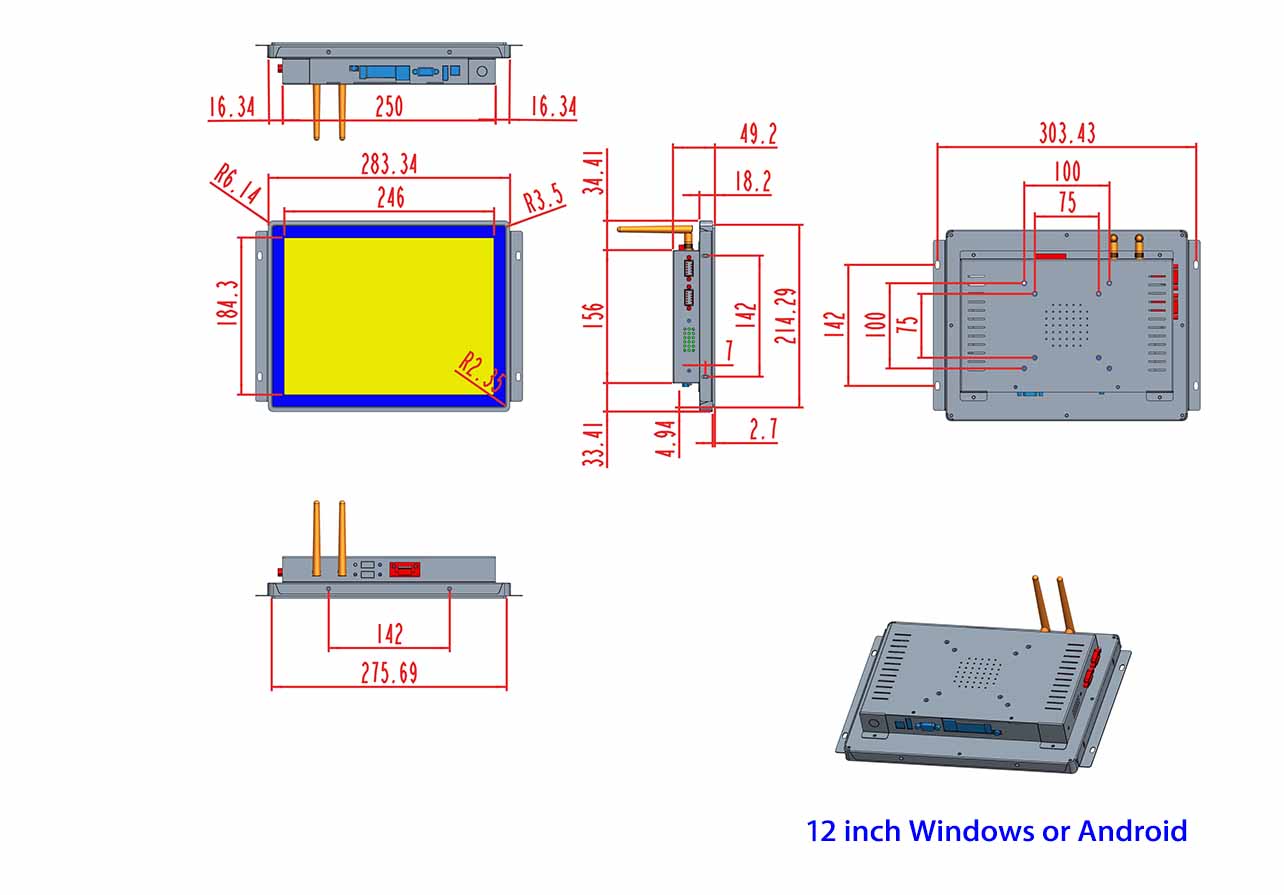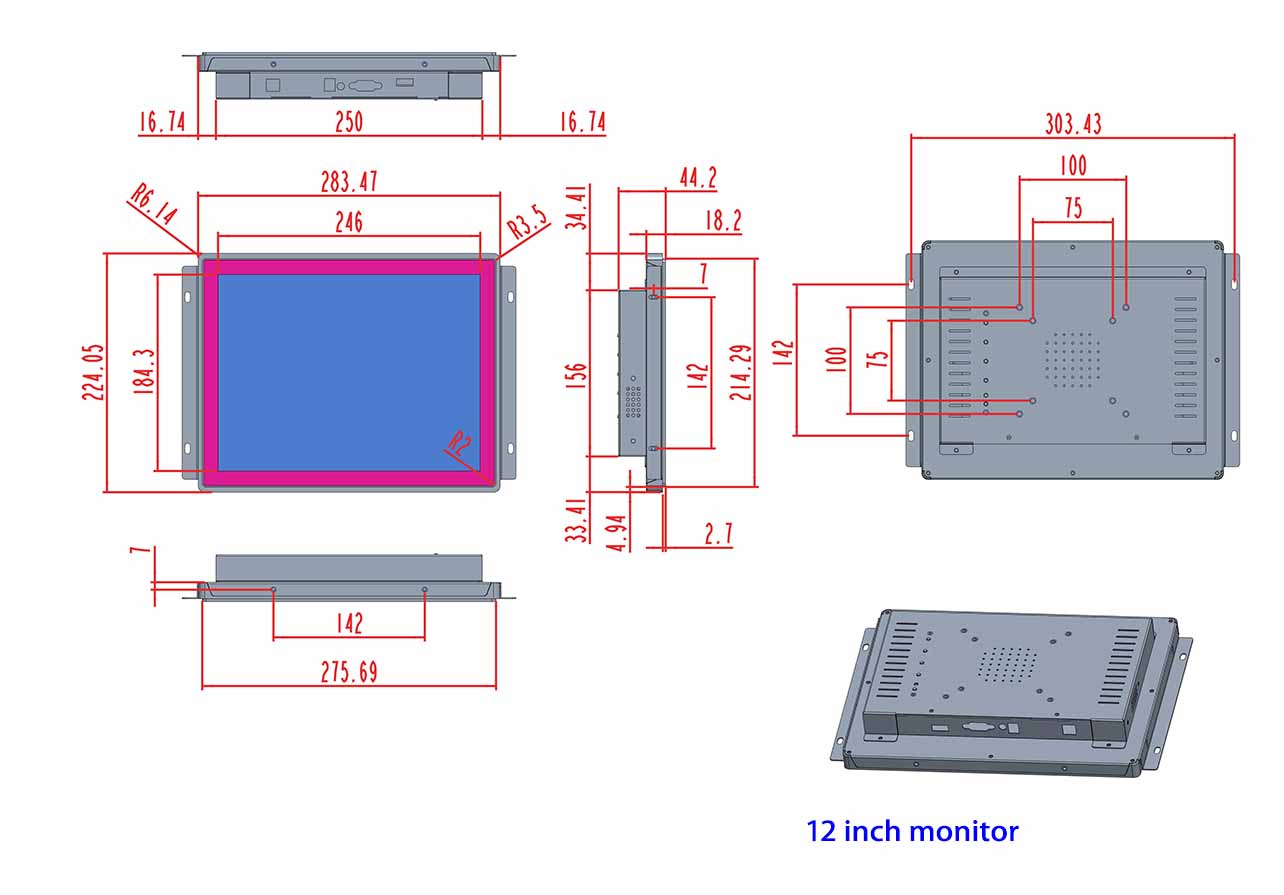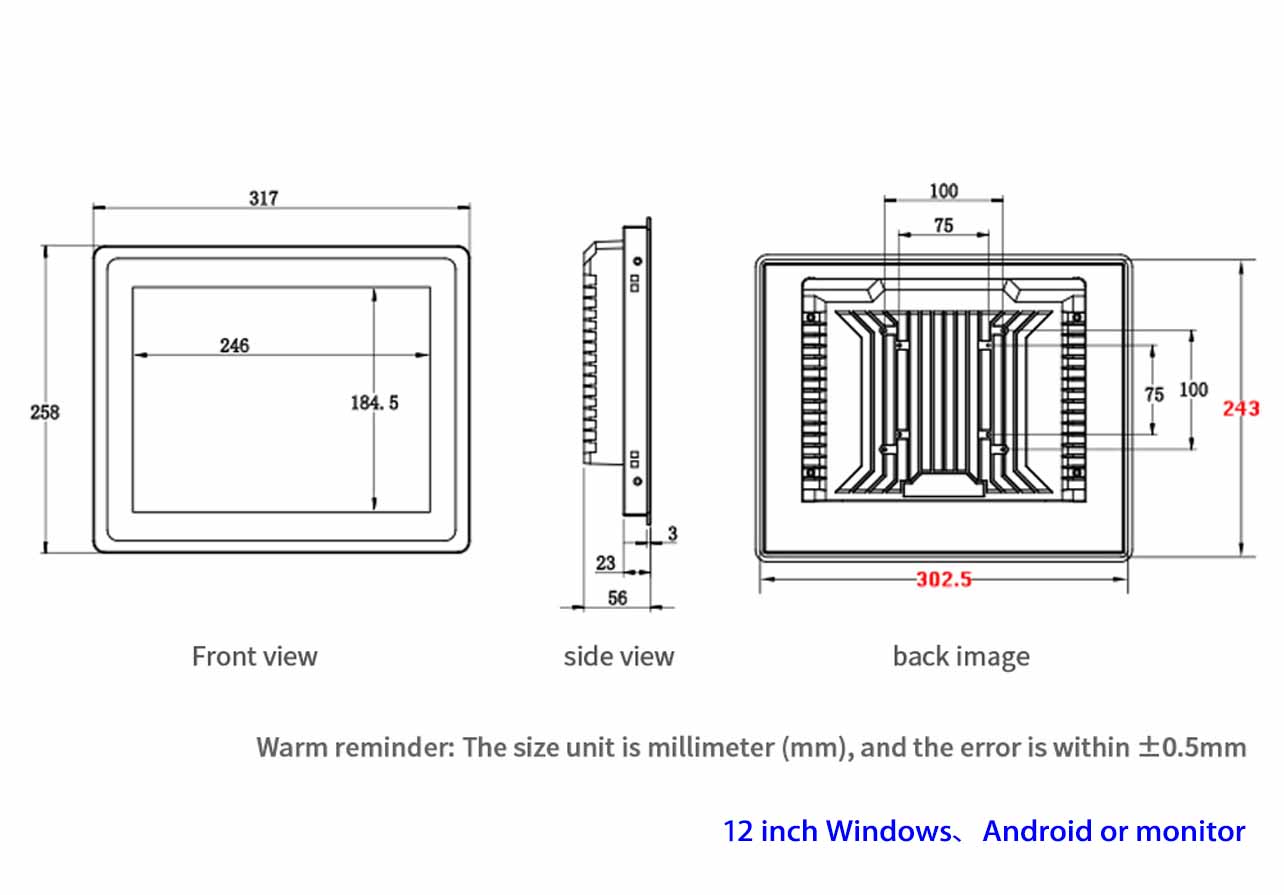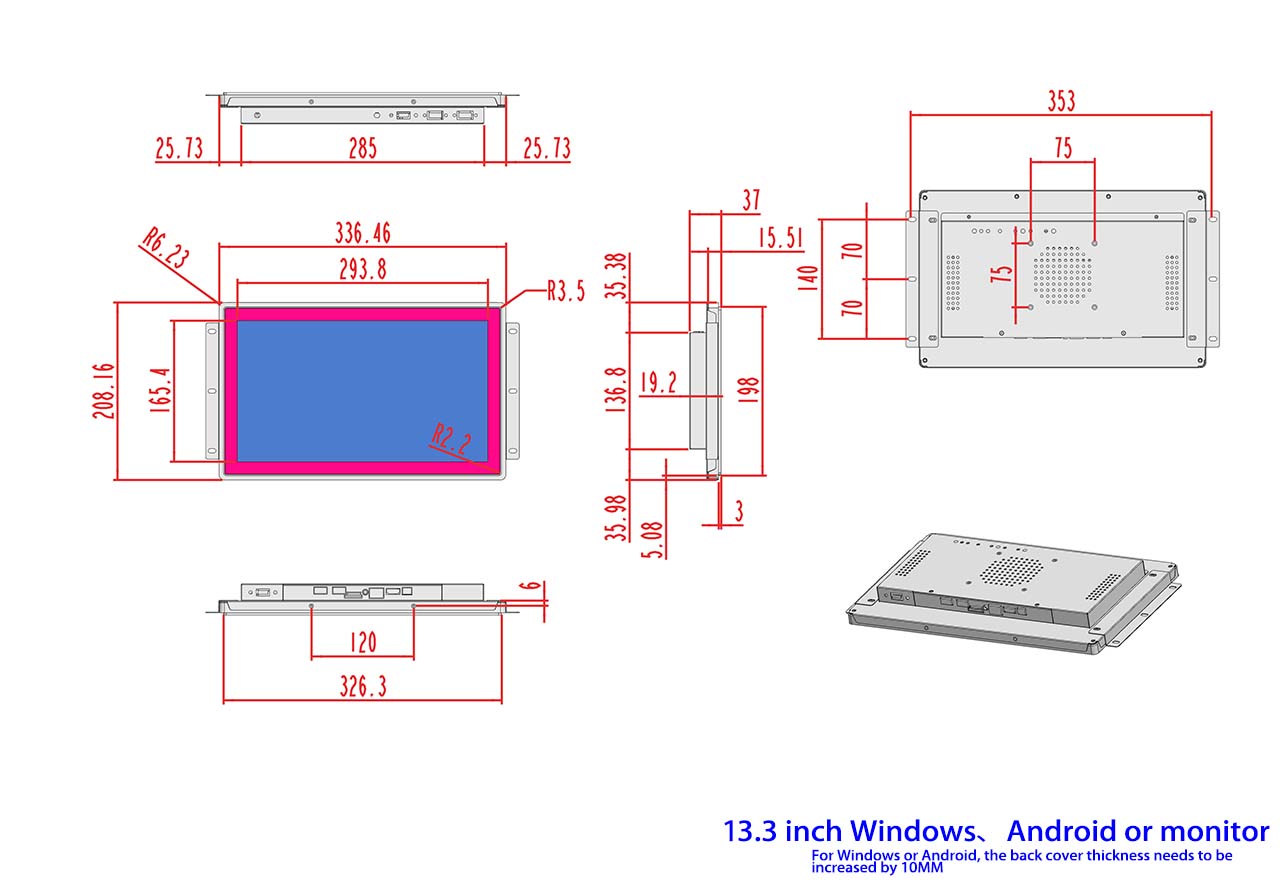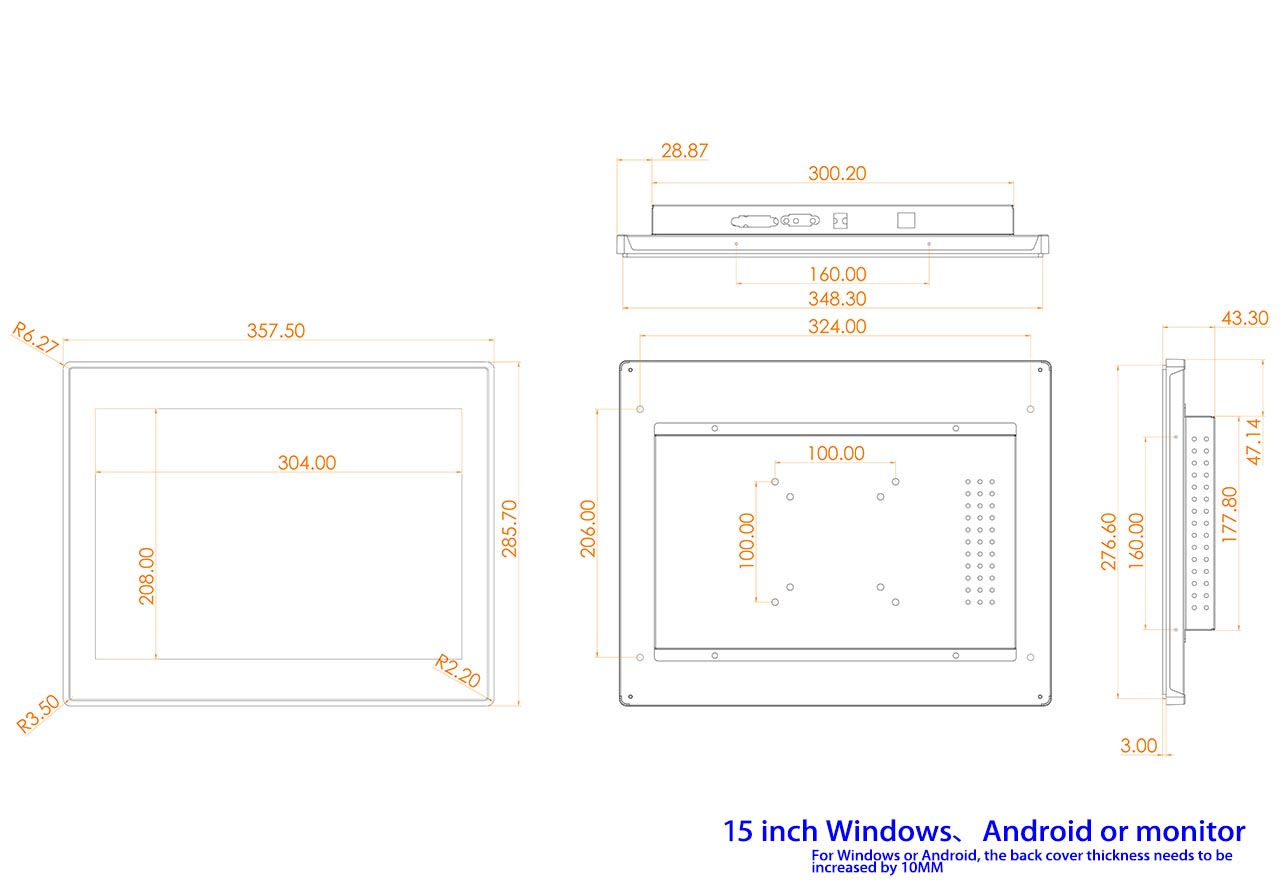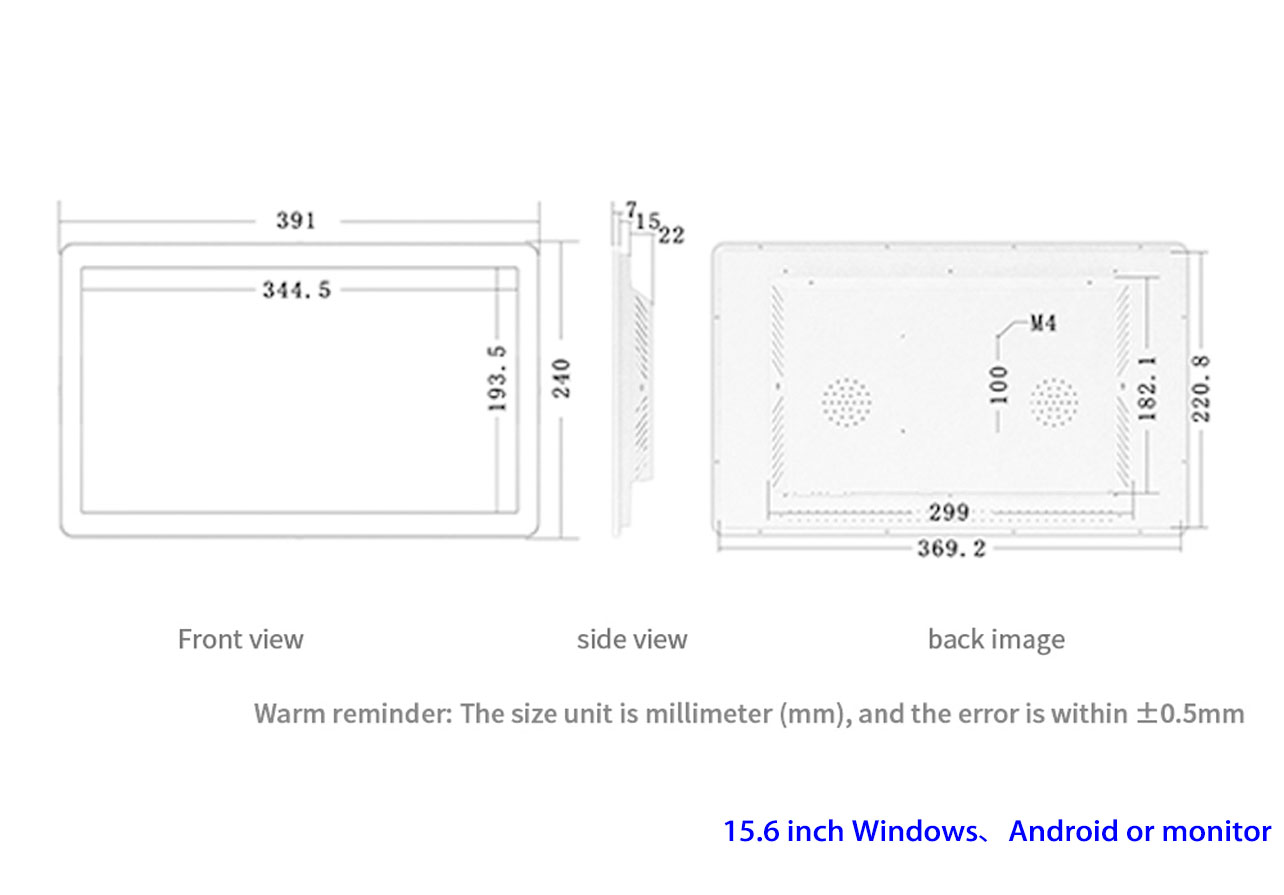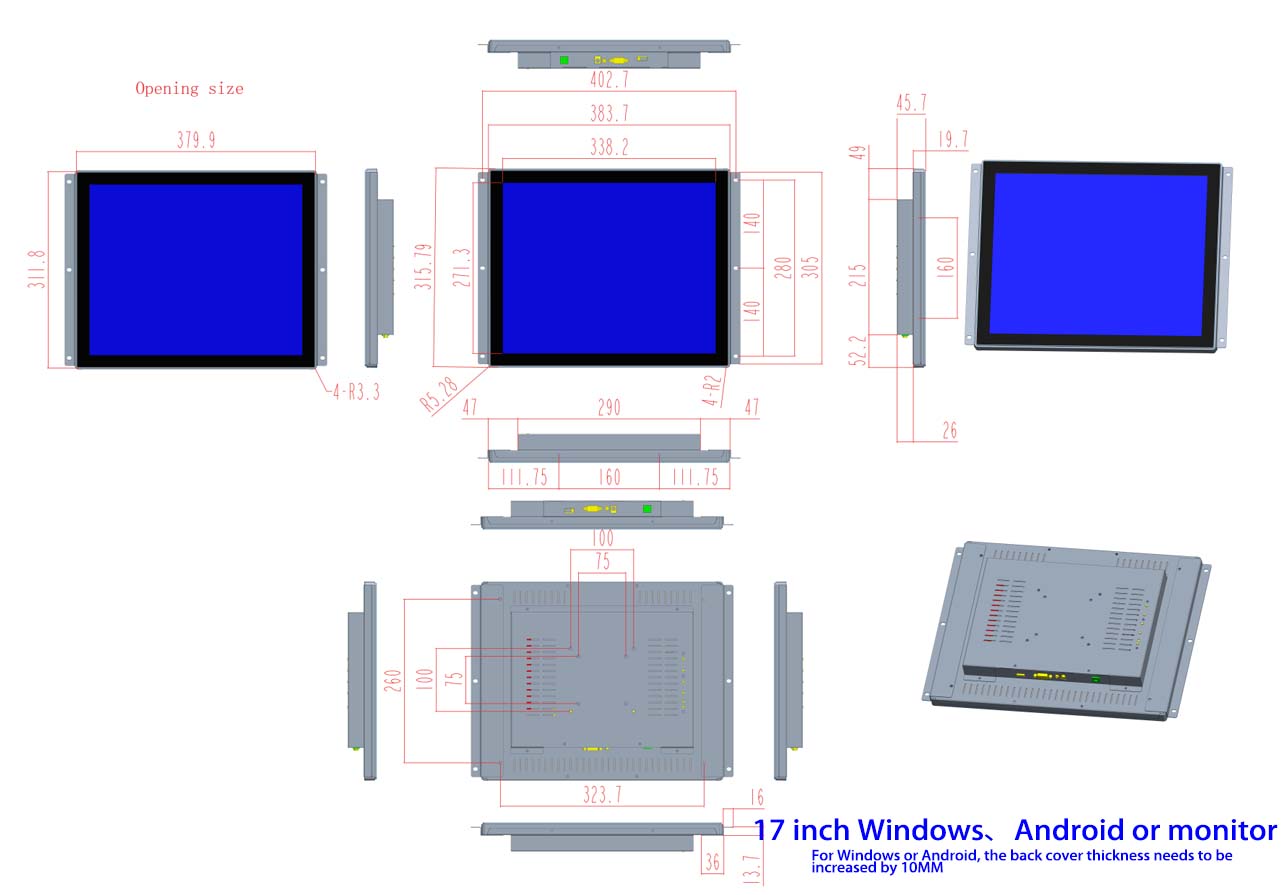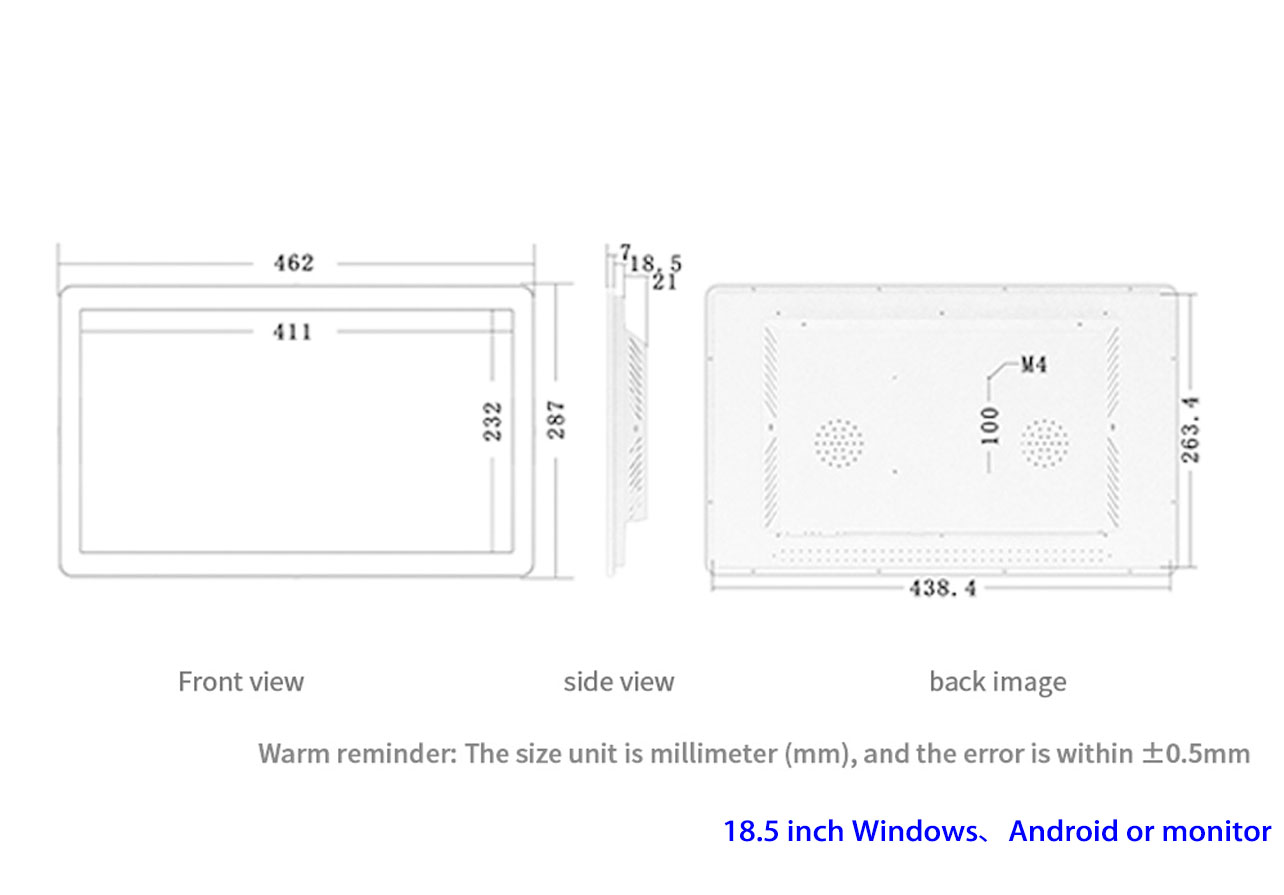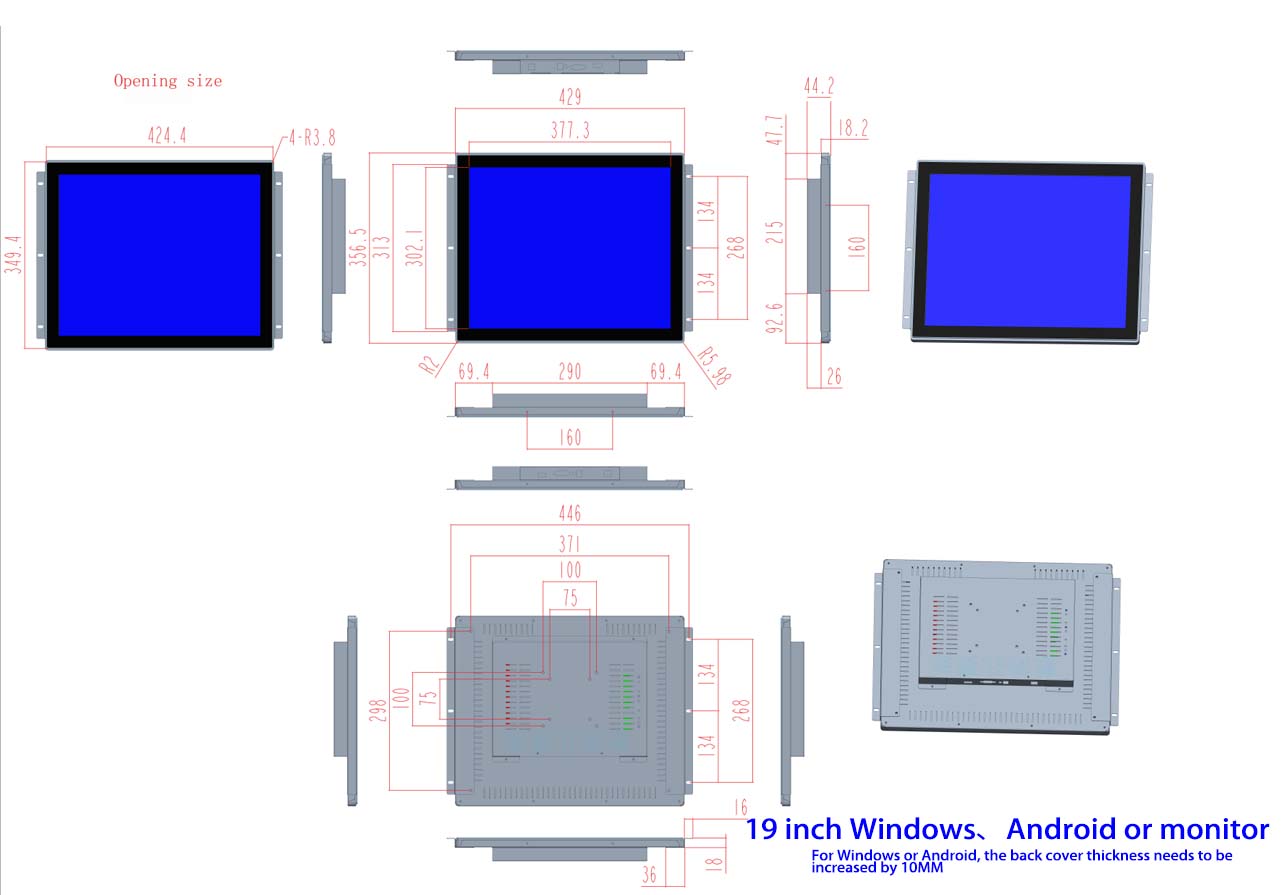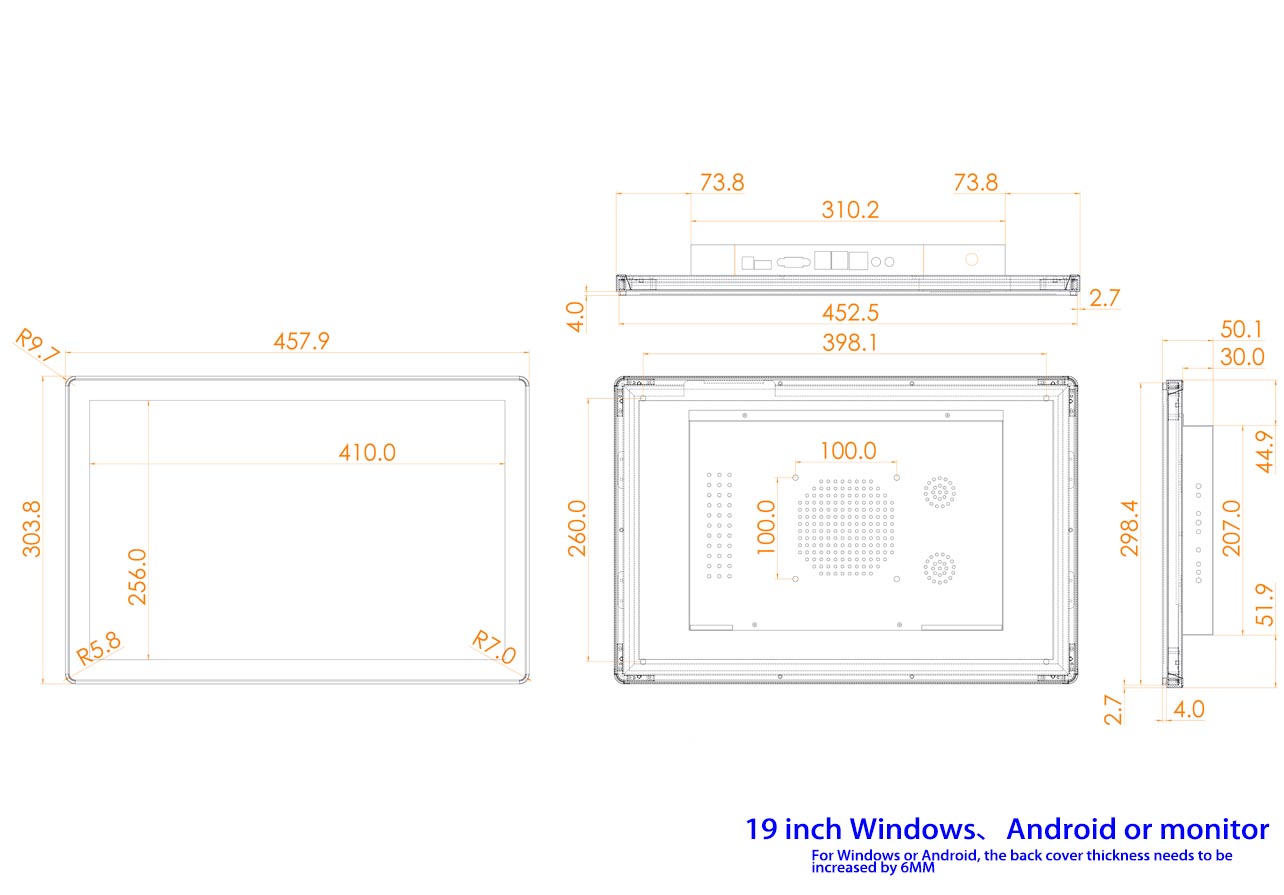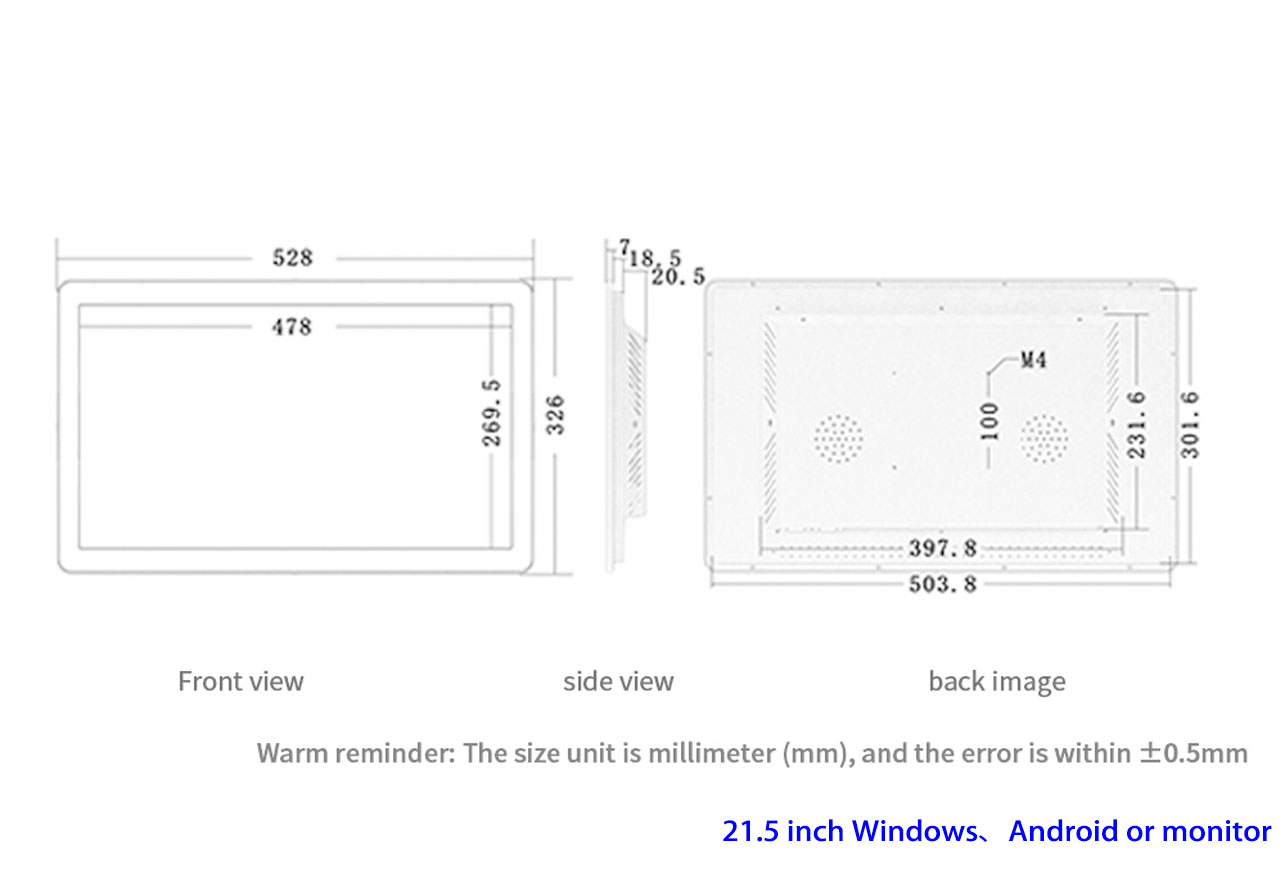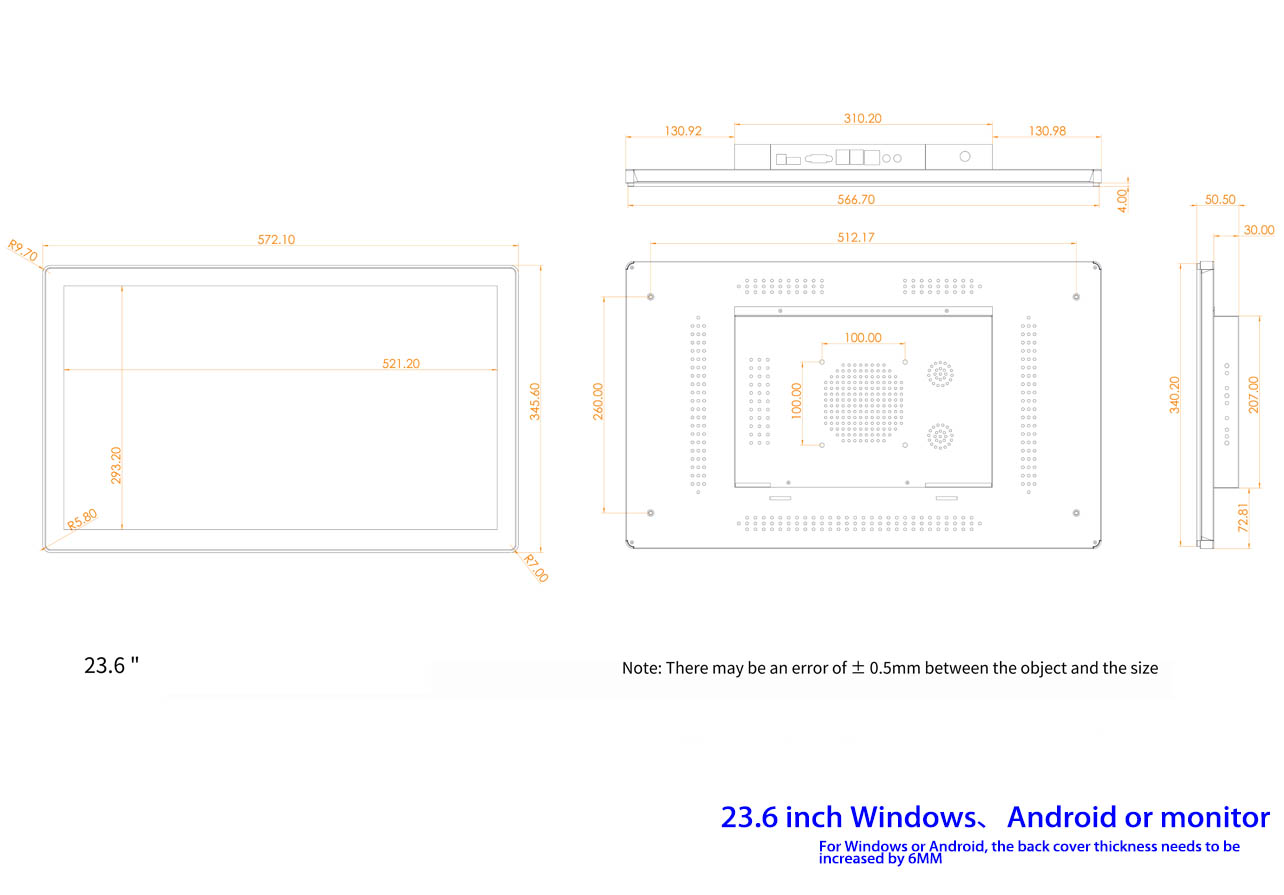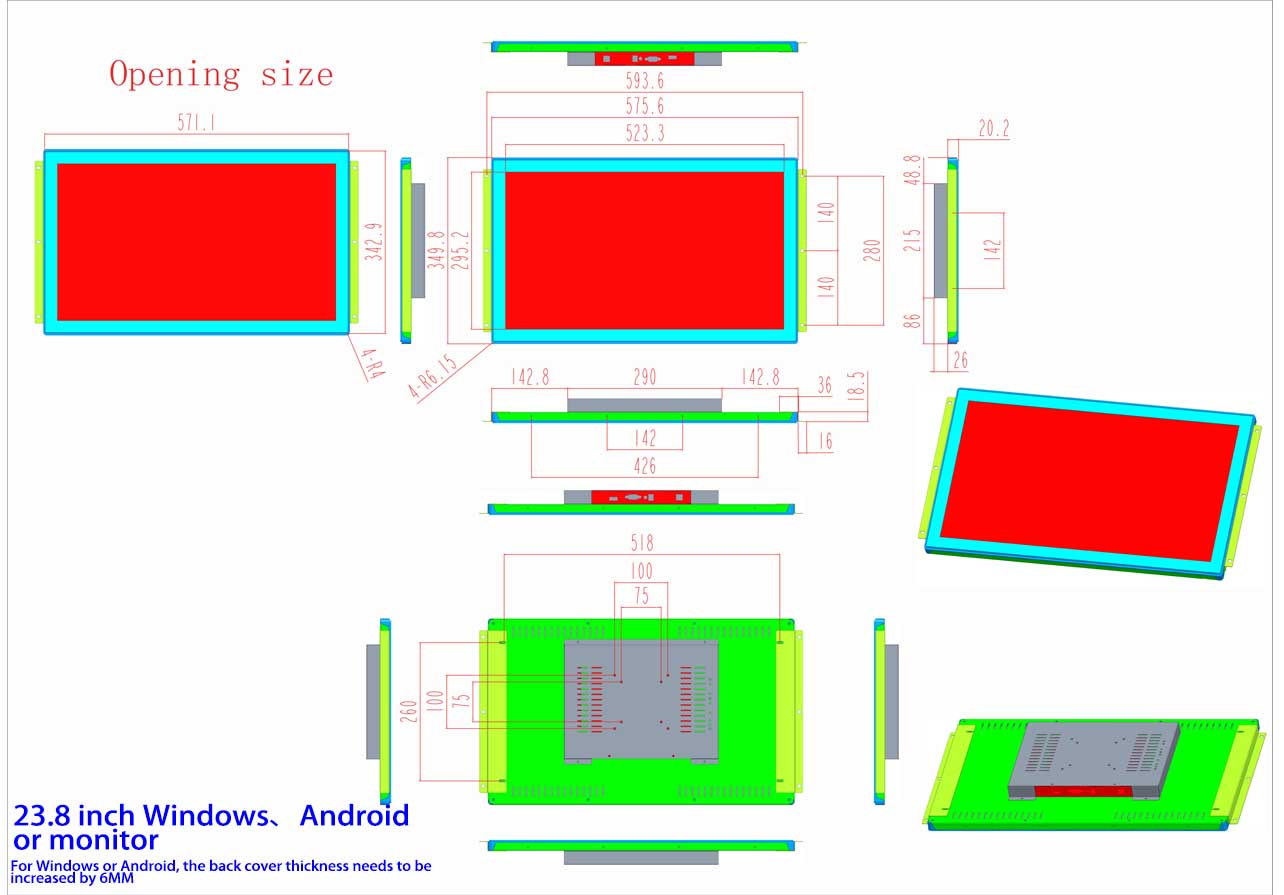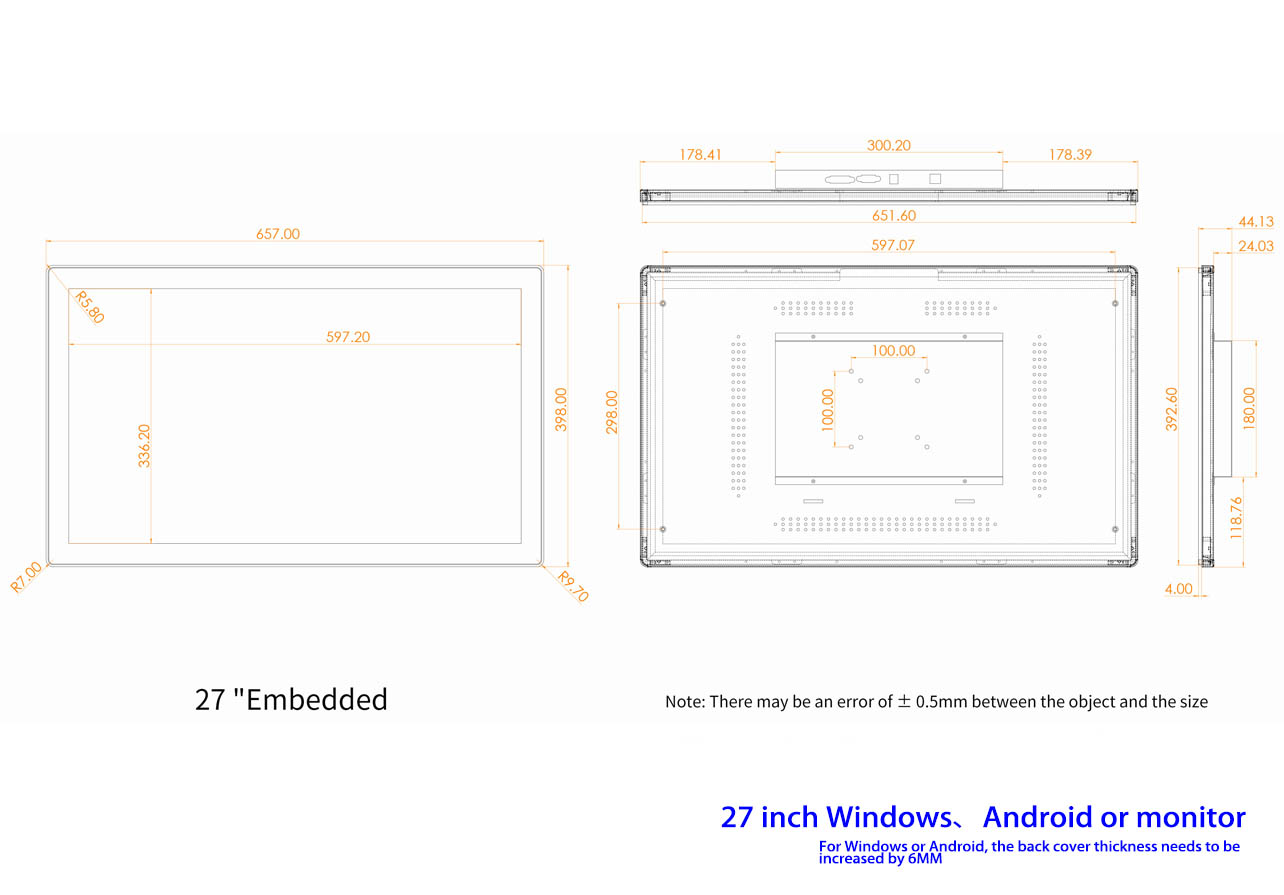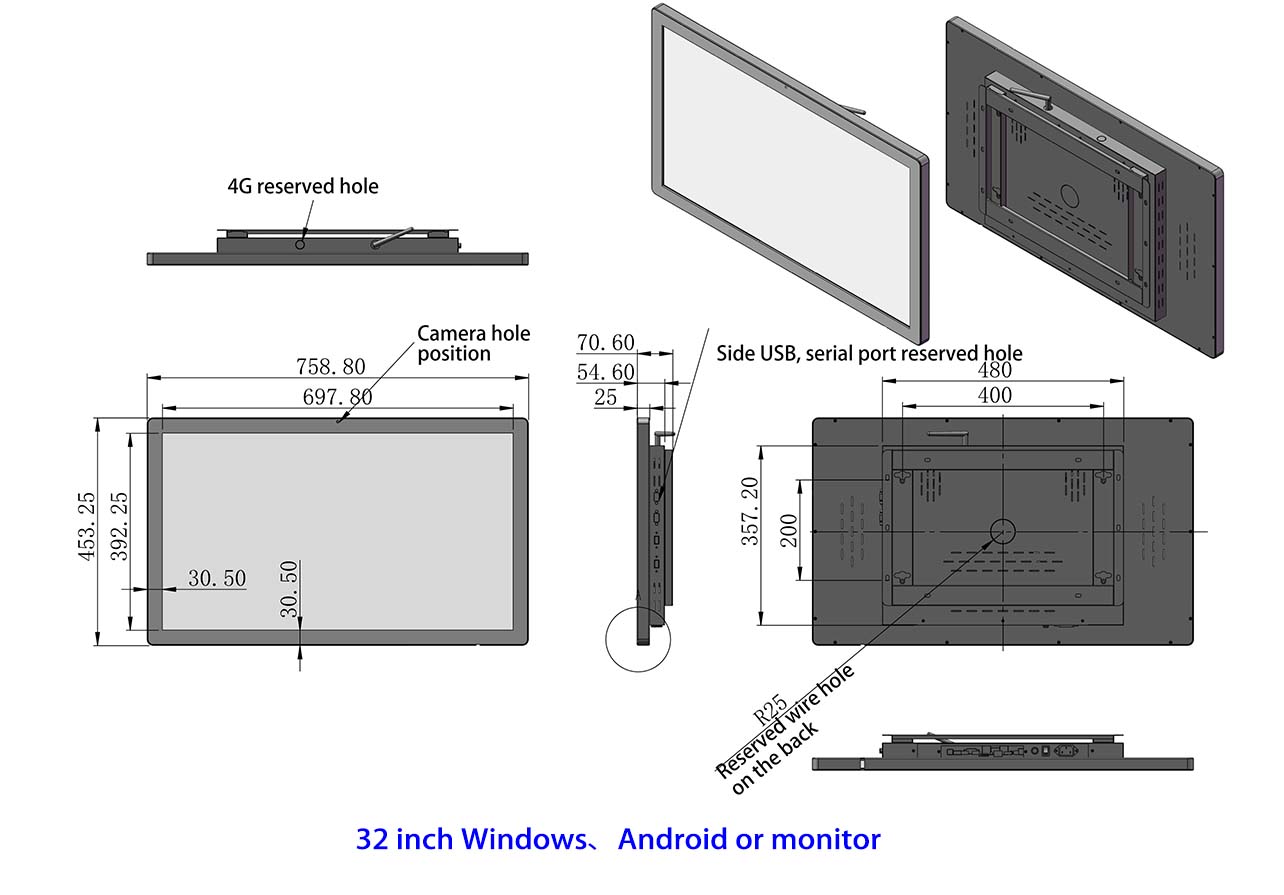Application of industrial tablet computer in ems in textile
In recent years, the application of industrial tablets in the textile industry has been more and more recognized and used. So, what are the applications of industrial tablets in the textile industry?
First of all, the application of industrial tablet computer in the textile industry is the most important point of data acquisition. Industrial tablets use a variety of sensors and connectivity technologies to quickly capture information about temperature, humidity, speed, quality and more during the production process. These data information can make textile enterprises more effectively understand the problems and bottlenecks in the production link, and then take more accurate improvement measures to optimize the production efficiency and quality.
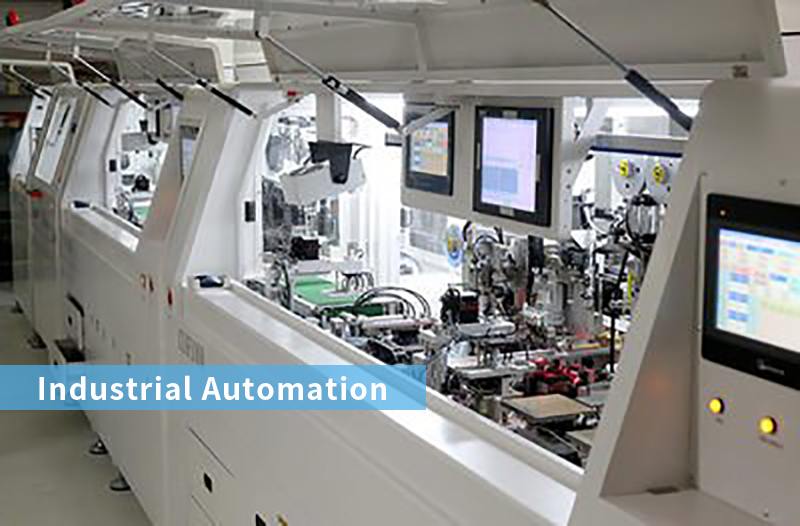
Second, industrial tablets can make entire production lines unmanned by connecting textile equipment to robots. This can not only greatly improve the production efficiency, but also ensure the consistency and stability of the production process and reduce the interference and difference brought by human factors to the production process.
In addition, the industrial tablet computer can also integrate ERP, MES and other management software systems, to achieve comprehensive production management. Various information indicators in the production process can be monitored and tracked in real time, which not only enables enterprises to have a clearer understanding of the current production situation, but also enables them to better analyze and predict the future production trend and demand, providing more accurate reference for decision makers.
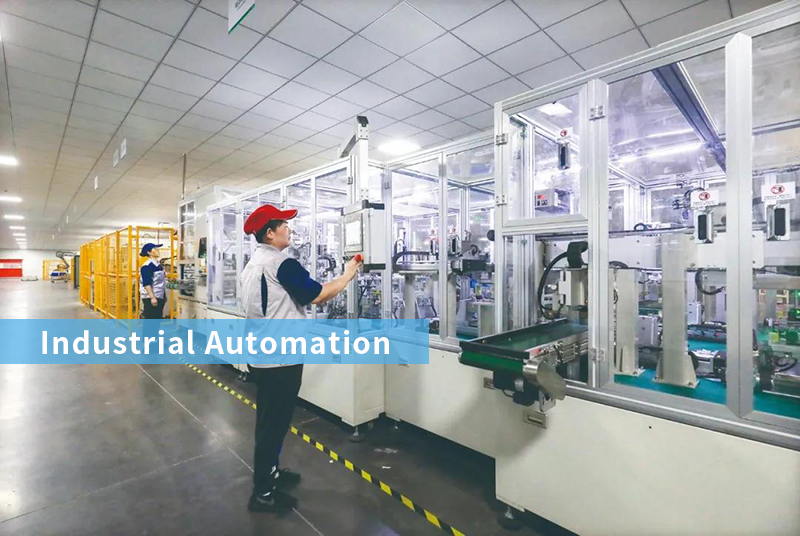
In addition, industrial tablets can also provide textile enterprises with more accurate and efficient quality management. By monitoring and analyzing the data of each link in the production process, the quality problems of products can be found in time and the best solutions are given.
To sum up, the application of industrial tablet computer in the textile industry is very extensive and important. It can not only improve the production efficiency and quality, but also reduce the waste of production costs and human resources, fully showing its important position and application prospects in the era of industry 4.0.
First of all, the application of industrial tablet computer in the textile industry is the most important point of data acquisition. Industrial tablets use a variety of sensors and connectivity technologies to quickly capture information about temperature, humidity, speed, quality and more during the production process. These data information can make textile enterprises more effectively understand the problems and bottlenecks in the production link, and then take more accurate improvement measures to optimize the production efficiency and quality.

Second, industrial tablets can make entire production lines unmanned by connecting textile equipment to robots. This can not only greatly improve the production efficiency, but also ensure the consistency and stability of the production process and reduce the interference and difference brought by human factors to the production process.
In addition, the industrial tablet computer can also integrate ERP, MES and other management software systems, to achieve comprehensive production management. Various information indicators in the production process can be monitored and tracked in real time, which not only enables enterprises to have a clearer understanding of the current production situation, but also enables them to better analyze and predict the future production trend and demand, providing more accurate reference for decision makers.

In addition, industrial tablets can also provide textile enterprises with more accurate and efficient quality management. By monitoring and analyzing the data of each link in the production process, the quality problems of products can be found in time and the best solutions are given.
To sum up, the application of industrial tablet computer in the textile industry is very extensive and important. It can not only improve the production efficiency and quality, but also reduce the waste of production costs and human resources, fully showing its important position and application prospects in the era of industry 4.0.



